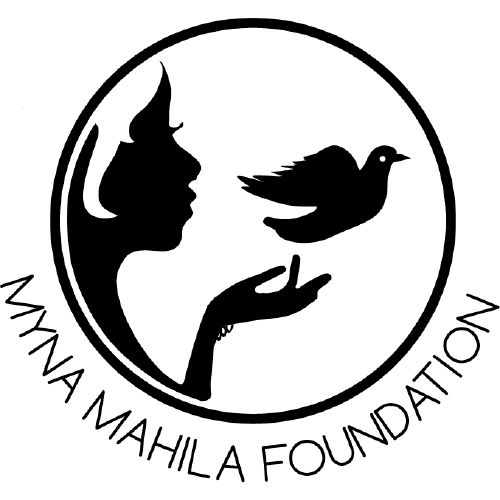Welcome to the SDG Awards, a distinguished recognition program honoring the remarkable contributions of individuals, organizations, and initiatives in championing the United Nations’ 17 Sustainable Development Goals (SDGs).

Employment: Employs local women to manufacture and sell sanitary pads door-to-door in Mumbai’s slums, providing them with financial independence.